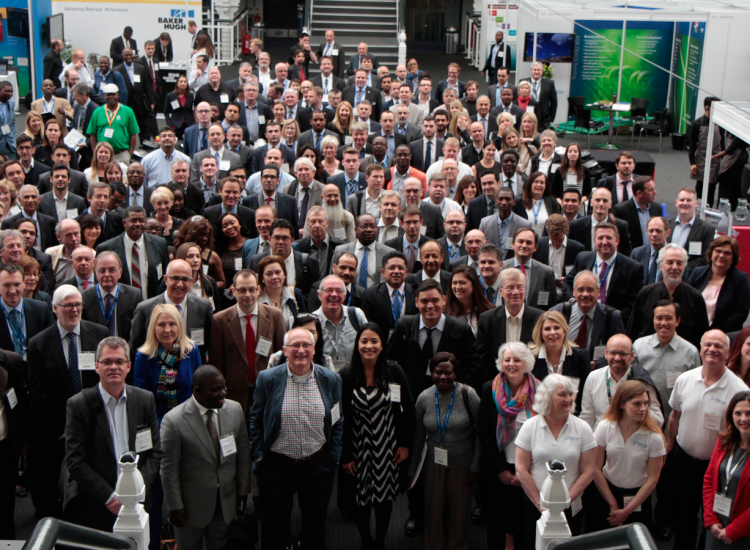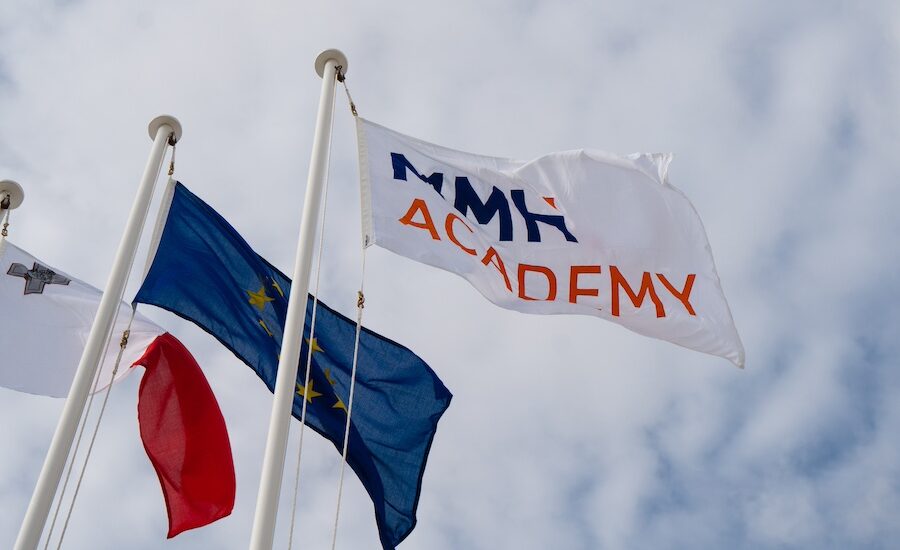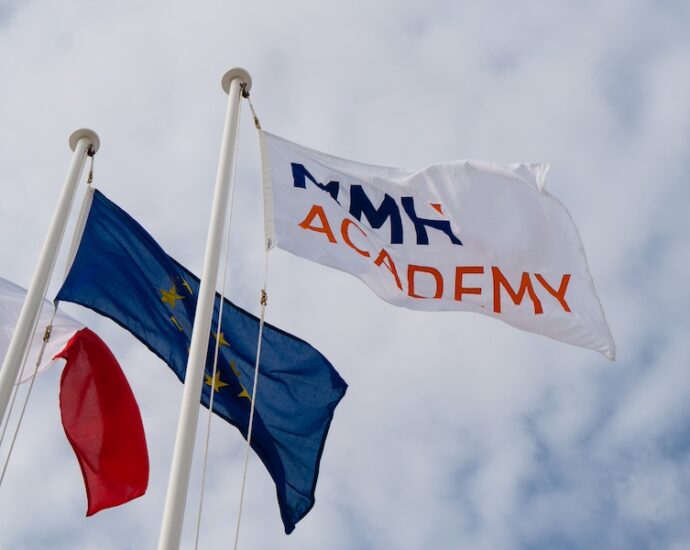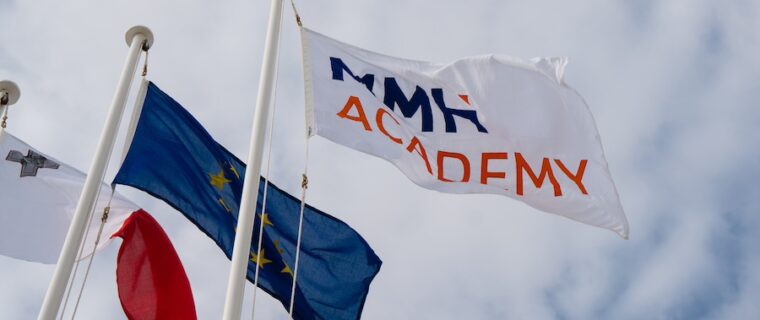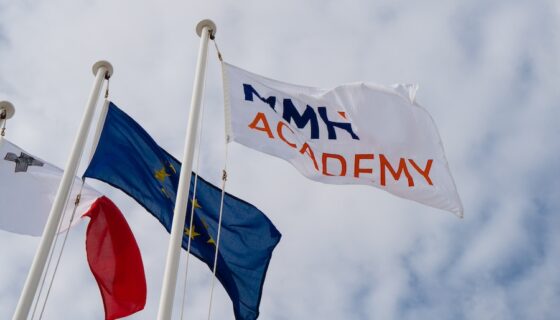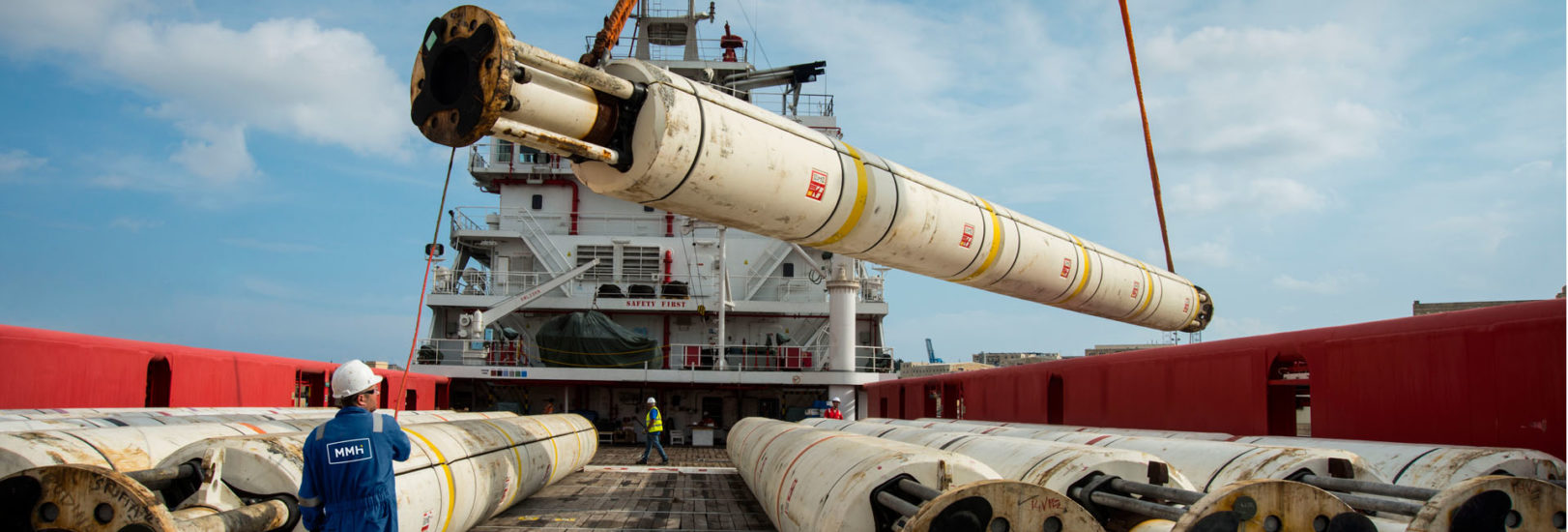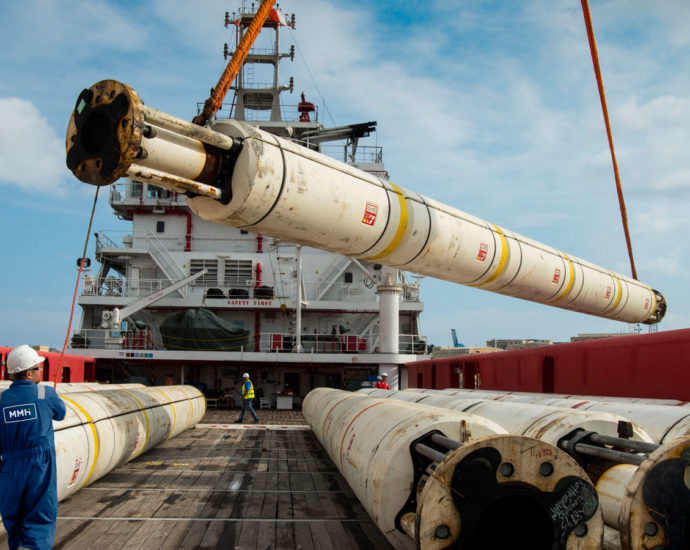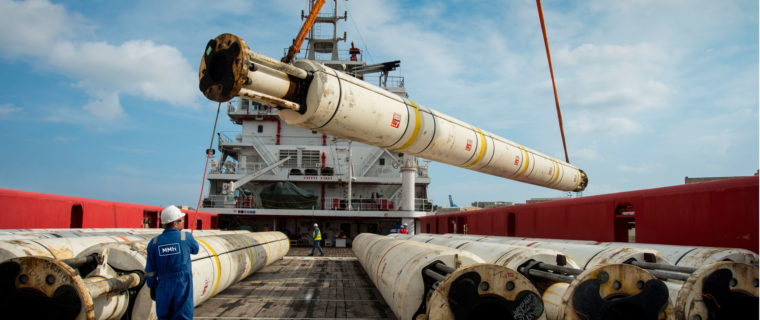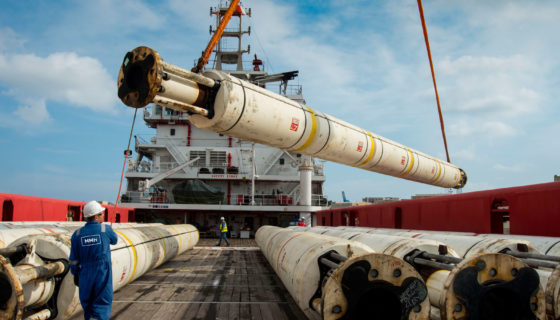Get Energy Global – May 2016
 Ableman Drilling Careers Academy participated once again at the 2-day Get Energy Global Event 2016 in London. Here the Academy had the opportunity to showcase its training services to various emerging oil and gas markets including Africa, Iran, Columbia and Mexico. Malta held its appeal given its strategic location in the Mediterranean facilitating the outreach to these international markets. The major topic streams discussed during the event were:
Ableman Drilling Careers Academy participated once again at the 2-day Get Energy Global Event 2016 in London. Here the Academy had the opportunity to showcase its training services to various emerging oil and gas markets including Africa, Iran, Columbia and Mexico. Malta held its appeal given its strategic location in the Mediterranean facilitating the outreach to these international markets. The major topic streams discussed during the event were:
- Determining Parameters for effective localisation
- Long Term skill Strategies
- Implementable L& D Strategies,
- National Development of Hydrocarbon nations in Africa
- Regional partnerships and investment opportunities for educations and training
- Strategies for practical learning experience
The event was opened by leaders in the industry including the OPEC Fund for International Development, SENER, and BP. They discussed the shared planning between Governments and private operators in the current low oil price, achieving the “social contract” between industry and host nationals through the localisation of projects.
On Monday 16th May, speakers from GEPetrol and TPDC explained the skills development needed in Equatorial Guinea and Tanzania whilst Tullow Oil and Technip elaborated in their localisation strategies for projects in East and West Africa. Total and Schlumberger further discussed the key elements in industry-university relations, taking into consideration what has been learnt and how these relations may evolve in the future. A delegation from Namibia also shared their views on best practice for sovereign education and training funds.
NIOC and BP led discussions at the Iran technology and capacity development forum emphasising partnership opportunities to support Iran’s hydrocarbon development. Eni conducted a unique Q&A session on Eni’s international success and how they have embraced localisation as a key business approach. This was followed by Penspen and Fox Petroleum’s discussion on how to balance localisation agendas with safety and competency standards, further emphasised with a discussion on the skills requirements and training programmes needed to support growth in this sector.
BP and EDF Energy shared how their use of mobile technology and e-learning facilitated programmes to a point of need without incurring substantial travel expenses. MOL Group and the Algerian Petroleum Institute explored on the increase in learning and graduate programmes. Adapting to the new market conditions was mainly highlighted on the first day and Maersk Group, GE Oil & Gas and MOL Group spoke about how workforce diversity is driving their business forward.
Tuesday 17th May started off with talks on education and training as a business opportunity where Pertamina Corporate University highlighted the benefits of investing in education. The Ministry of Science, Technology, Higher and Professional Education Mozambique, together with CB&I, Unilurio and Universidade Eduardo Mondlane discussed how they are working together to deliver local education capacity and skills to meet local workforce requirements. The Permanent Secretary of Education in Uganda explained how NGOs play a significant role in skills development. VSO shared their project called “Enhancing Employability through Vocational Training” in Tanzania which is being done in partnership with BG Group/Shell.
The President of ANH, Colombia explained how localisation is not just a way of strengthening national economies and citizen involvement, but localisation is also a way to support investments. ANH has come up with investment incentives to make up for the low oil price. Africa New Energies, Namibia, presented their shareholder initiative. Delegates from Colombia and Mexico elaborated on the partnerships, education and training opportunities gained through these growing markets.
Petronas Instep honed on the importance of having scenario based learning opportunities for the learners, without having the presence of any danger. This simulation technology is giving them the competitive advantage in the provision of training. BG Group/Shell explained how their efforts to simplify the competency framework has allowed them to support techniques for learning and development with the competency profile of each specific job function.

